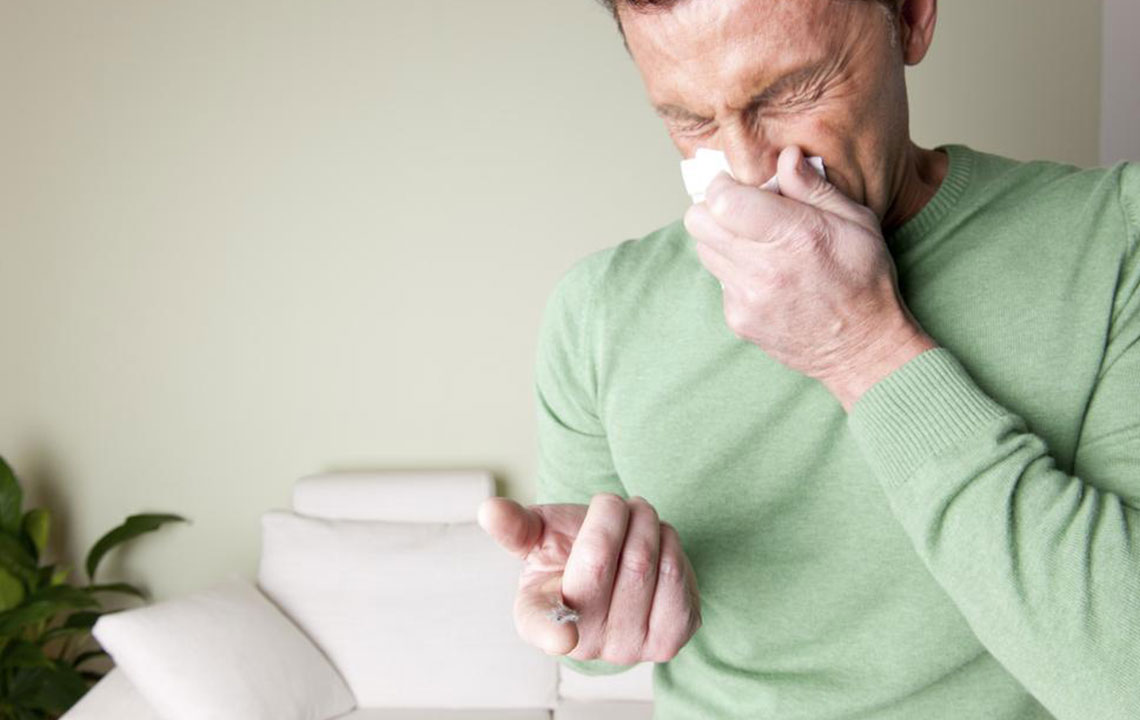Signs and symptoms of mold allergy
Mold can be seen everywhere around us, especially if you live in a low-lying area, where it is moist. This could be because you are close to a lake or simply because you never spotted the leak in your basement or your bathroom.
Most people may not even know that there is mold present around them. However, some people are sensitive to it and can react when such mold spores become airborne.

Some of the symptoms of mold allergy are as follows:
- Runny nose
- Cough
- Sneezes
- Itchy throat
- Congestion in the nose
There are a few ways to identify if your sickness can be related to mold allergy symptoms:
- You constantly seem to have a nasal infection, which typically has one or the above conditions and prolongs without reason. Your condition should be irrespective of the season as mold grows pretty much all year around.
- Your mold allergy symptoms seem to aggravate when the rainy season sets in. It is generally around this time that mold can latch onto surfaces and propagate. This is because they thrive in wet conditions.
- Your allergies will increase progressively, and your infections may get worse. The congestions, watery eyes and the post nasals drip will get harder to treat and worsen with every allergy episode.
Are your children affected?
Mold allergy symptoms can be hard to trace back to the source, especially if you find your children struggling with such allergies. This mold need not be in your home, but they can probably be traced back to their schools. Most school buildings which are old, tend to have areas where such mold goes unnoticed or unchecked.
Your children could also be catching such mold spores from the air outside where they play. While you may be immune or unaffected by it, children with asthma or wheezing tend to catch infections or allergies much quicker than others. So make sure you keep your home and surroundings mold-free and prevent allergies.

